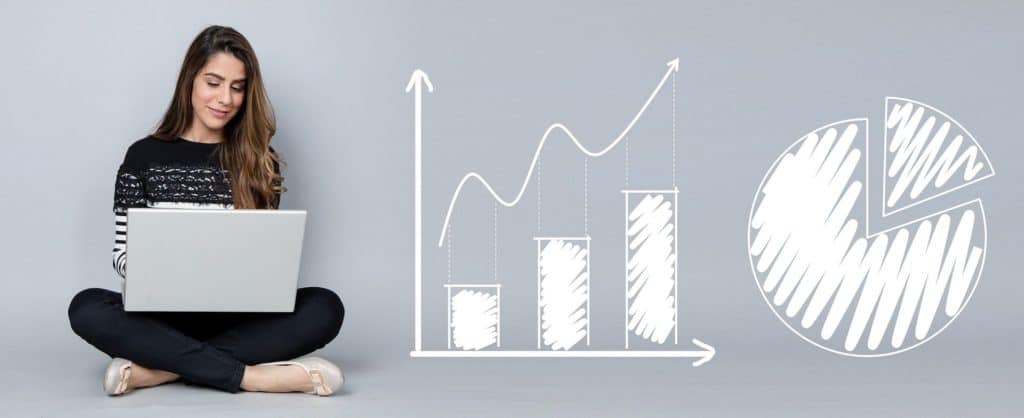
The purpose of applied economics is to establish and resolve real-world economic issues, instead of solely focusing on the ideas, principles, and theories. If you have decided that a career in economics is right for you, embarking on an applied economics degree will teach you specific technical skills that are sought after by employers, such as transfer pricing, forecasting, and predictive analytics, as well as measuring business cycles.
To help make up your mind, here are five reasons why you should consider studying an applied economics degree.

Learn Analytical Approaches
As an applied economics student, you will learn a variety of analytical approaches that influence what you have already learned, including areas like statistics, macroeconomics, and microeconomics. This means that before beginning a time-consuming project, you will be able to analyze problems that need to be solved from a multitude of angles to establish the best method.

Understand Big Data & Coding Techniques
One of the biggest challenges employers across the country face is finding professionals who understand big data and coding. If you embark on an applied economics program, this will give you the opportunity to work alongside real world data sets that tend to be complex and unstructured, meaning knowledge of coding will be required to manage effectively. Learning how to work with big data can give you a professional edge when searching for a role in the job market.

Develop Team Collaboration Skills
If you study Applied Economics at Boston College, you will have the opportunity to mix with a diverse range of students that can help you build team collaboration skills. While the course is online, you can still network with your peers, industry professionals, and professors to help you learn the A-Z of applied economics. In addition to team collaboration skills, you will understand the value of networking and learn time management practices that can teach you self-discipline.

Career Outlook
Graduates who major in applied economics have a wider share of the job market. Whether you aim to work as a business analyst, insurance underwriter, or a human resources specialist, those who embark on an applied economics program have more choice available when it comes to finding a profession. An applied economics degree may lead you to a career in government agencies, or a role as a management consultant or financial analyst.

Increase in Salary
When deciding on whether an applied economics degree is right for you, it’s only natural that job security and financial stability are at the top of your mind. According to the Bureau of Labor Statistics, those who obtain a master’s degree in applied economics can see their salary increase to over $100,000 annually. The salary you receive will reflect on the role you are in and level you are at.
If an applied economics course sounds right for your professional endeavors, make sure that you read into course specifications and entry requirements beforehand. If you’re after a rewarding career and an increase in salary, an applied economics degree can set you apart from other candidates.







